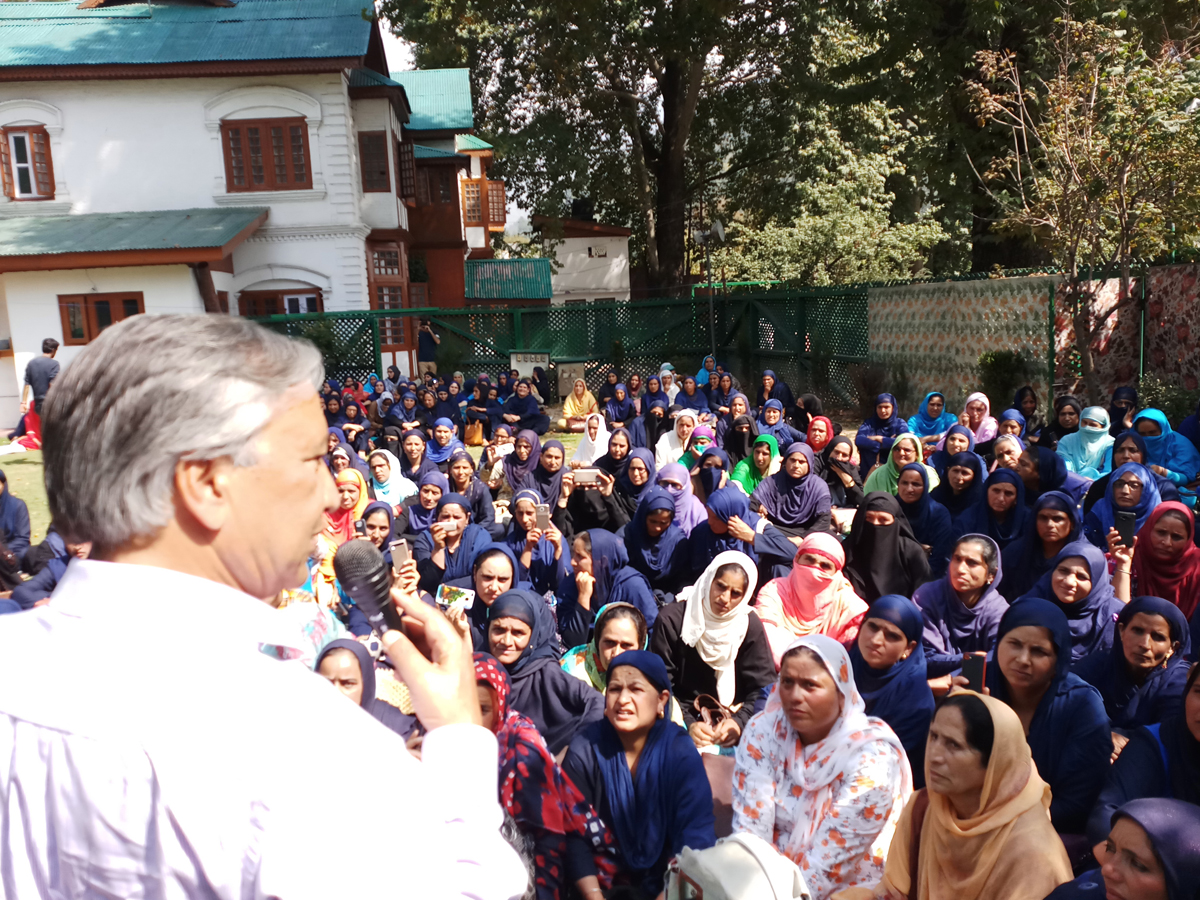Excelsior Correspondent
SRINAGAR, Sept 22: Urging the Government to provide a dignified monthly honorarium to ASHA workers who essentially act as backbone of the health structure in rural areas of the State, CITU State president and MLA Kulgam, Mohammad Yousuf Tarigami, has said the custom of paying poor compensation for extreme hard work should come to an end to protect the women folk working in different sectors in J&K.
While addressing a day-long convention of ASHA workers at Srinagar today, Tarigami said that Government has neglected ASHA workers who are contributing a lot to make the National Health Mission (NHM) a success scheme. He urged upon the Government to consider their genuine demands which include enhancement and timely disbursement of honorarium, six hour duty per day, supply of special kits, social security benefits like EPF and pension, etc.
“ASHA workers have been instrumental in providing better medicare to the rural people especially the women folk and their young ones, besides ensuring social mobilization”, he added.
Abdul Rashid Najar, senior CITU leader, said that Government must take serious note of the brewing discontentment among these workers and take necessary action for the immediate fulfillment of their demands, failing which the National Health Mission may get affected badly.
President, ASHA Workers’ Union, Misra said that although the Government had started the National Health Mission with much fanfare, but the main work force ‘ASHAs’ are being asked to provide services to the community without being provided with proper wages and other benefits.
Exhorting upon ASHAs to strengthen their organization and join the broader struggle against the anti-people policies of the Government, general secretary, ASHA Workers’ Union, Rifat said the Government must acknowledge the contribution of ASHAs to the NHM and the improvement of the health status of the poor, especially mothers and infants.
Trending Now
E-Paper


